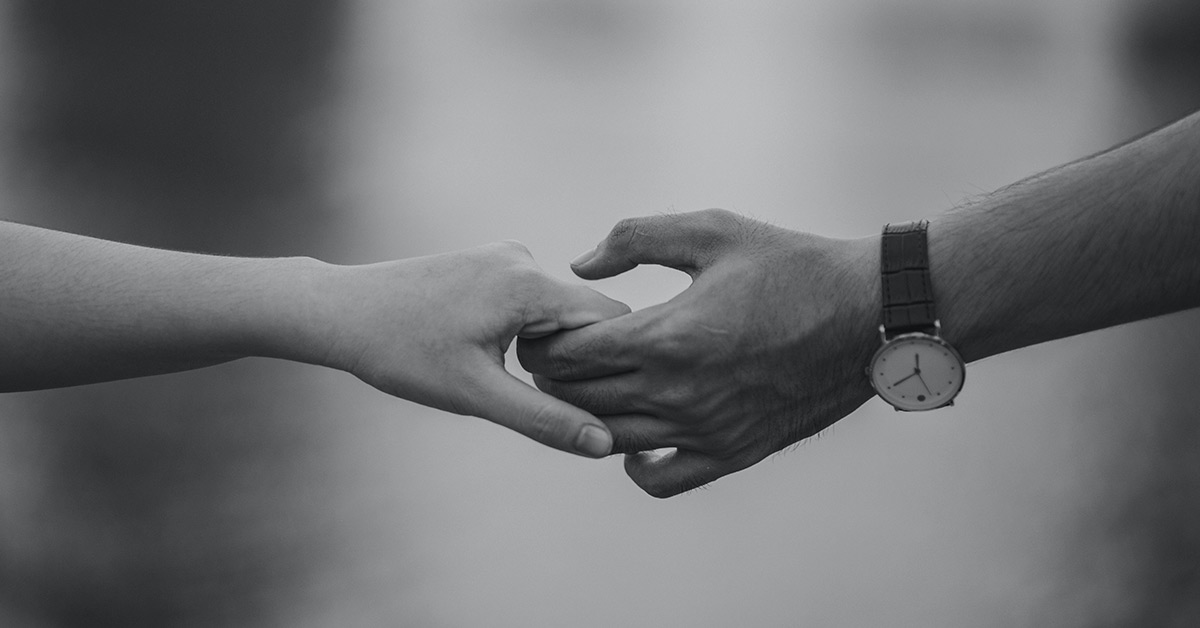Mixed-Orientation Marriage

Mixed-orientation marriage can be described as a marriage between two people of differing sexual orientations or attractions. Marriages where one partner or both identify as gay, lesbian, or bisexual or any sexual orientation or attraction that is not exclusive to the gender or gender identity of their partner is a mixed-orientation marriage. Examples include couples where one partner is exclusively attracted to the opposite sex (heterosexual) and the other partner is exclusively attracted to the same sex (gay or lesbian) or where one partner is exclusively attracted to the opposite sex (heterosexual) and the other partner is attracted to both the opposite sex and same sex (bisexual).
In the LGBTQIA+ Latter-day Saint community, mixed-orientation marriages were not uncommon. With the Church defining marriage as between one man and one woman after officially ending its practice of polygamy in 1890 and with marriage by way of couples being sealed in a Latter-day Saint temple being essential for their eternal happiness and potential exaltation, marriage to a partner of the opposite sex is expected of all Latter-day Saints.
A 1981 guide for local priesthood leaders entitled “Homosexuality”, instructed church leaders to counsel those attracted to the same-sex to overcome those attractions in a number of ways including being “in appropriate situations with the opposite sex, even if [they have] to force [themselves],” and, “begin dating and gradually increase frequency,” in the hope that they would be able to, “overcome homosexual problems and [find] peace and success in dating, marriage, and Church activity.” While this guide did not explicitly counsel same-sex attracted individuals who were gay, lesbian, or bisexual to marry someone of the opposite sex as a solution to their attraction, it was clear it was the ultimate goal. Due to the doctrinal and cultural pressure to marry in the temple and the counsel given by church leaders; many gay, lesbian, and bisexual church members entered into mixed-orientation marriages, often without their partner knowing about their sexual orientation or attraction.
During the April 1987 General Conference, then-President Gordon B. Hinckley stated, “Marriage should not be viewed as a therapeutic step to solve problems such as homosexual inclinations or practices, which first should clearly be overcome with a firm and fixed determination never to slip to such practices again.” While Hinckley made it clearer that marriage wasn’t a treatment for homosexuality, he left the door open for mixed-orientation marriage to be a goal for those who have “overcome” their same-sex attraction. In 2007, Elder Dallin H. Oaks reiterated Hinckley’s earlier statement, and said that “marriage would be appropriate” for those who have “shown their ability to deal with these feelings or inclinations and put them in the background, and feel a great attraction” for someone of the opposite sex.” Here again, marriage between one man and one woman is was described as evidence of the ability to change, or at least ignore, their attraction to the same sex.
Often, outcomes of church teachings regarding same-sex attracted individuals and marriage include unhappiness, depression, trauma, and broken families. A 2015 study projected that 69% of all mixed-orientation marriages would end in divorce and led to higher rates of depression and a lower quality of life.
Today church leaders may no longer counsel gay, lesbian, and bisexual individuals to overcome their sexual attractions with the goal of being married to someone of the opposite sex. Those exclusively attracted to the same sex are counseled to live a chaste, celibate, life. However, many church members attracted to the same sex continue to consider mixed-orientation marriage as a pathway to full activity in the Church and access to the promises of eternal happiness and potential exaltation. For individuals and couples considering entering into a mixed-orientation marriage, it’s important that both individuals do so cautiously in full knowledge of their and their partner’s attractions, affections, and goals. In addition, each partner should understand the real challenges and risks of entering into a mixed-orientation marriage.
Mixed-orientation marriages are complex relationships that should not be overgeneralized. Each marriage is unique and usually includes a high level of affection between the partners in the marriage even if the level of sexual attraction is low to nonexistent for one or both individuals. While a majority of mixed-orientation marriages do end, many do not. While higher levels of depression are found within mixed-orientation marriages, there are also couples who find happiness within their mixed-orientation marriage.
As Affirmation creates worldwide communities of safety, love, and hope and promotes understanding, acceptance, and self-determination of individuals of diverse sexual orientations, gender identities and expressions, we are fully inclusive of individuals and couples coming from or who remain in mixed-orientation marriages.